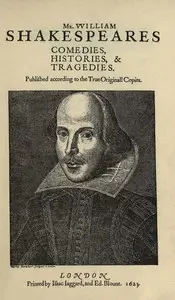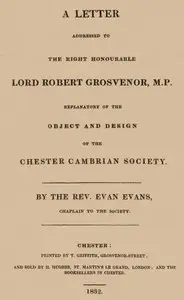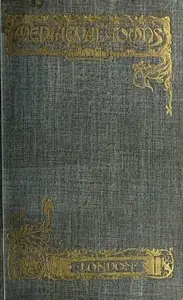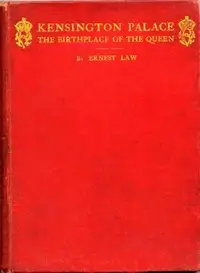"Richard II" by William Shakespeare is a historical drama that looks at the reign and ruin of a king. This story looks at what happens when power is challenged, focusing on King Richard II's struggle against his cousin, Henry Bolingbroke. As Bolingbroke returns, accusations of treason spark conflict among the nobles, showing how fragile Richard's rule is with themes of honor and the consequences of political decisions shaping the narrative, leading to a trial by combat. It's a play full of political games, betrayals, and the big questions about what it means to be a king and what people will do to take the throne.

Richard II
By William Shakespeare
A king's weak decisions ignite a power struggle as his cousin seeks to reclaim his birthright and challenge the crown, leading to betrayal and civil unrest.
Summary
About the AuthorWilliam Shakespeare was an English playwright, poet and actor. He is widely regarded as the greatest writer in the English language and the world's pre-eminent dramatist. He is often called England's national poet and the "Bard of Avon". His extant works, including collaborations, consist of some 39 plays, 154 sonnets, three long narrative poems and a few other verses, some of uncertain authorship. His plays have been translated into every major living language and are performed more often than those of any other playwright. Shakespeare remains arguably the most influential writer in the English language, and his works continue to be studied and reinterpreted.
William Shakespeare was an English playwright, poet and actor. He is widely regarded as the greatest writer in the English language and the world's pre-eminent dramatist. He is often called England's national poet and the "Bard of Avon". His extant works, including collaborations, consist of some 39 plays, 154 sonnets, three long narrative poems and a few other verses, some of uncertain authorship. His plays have been translated into every major living language and are performed more often than those of any other playwright. Shakespeare remains arguably the most influential writer in the English language, and his works continue to be studied and reinterpreted.


















